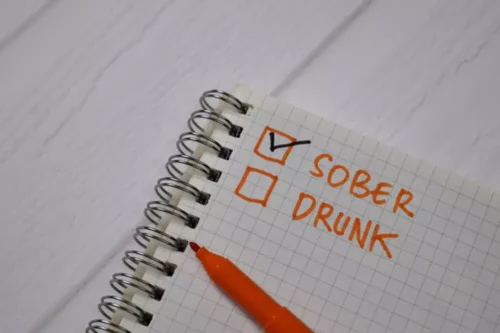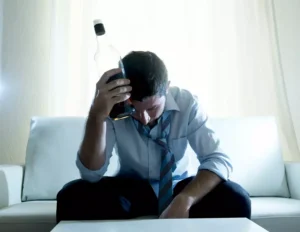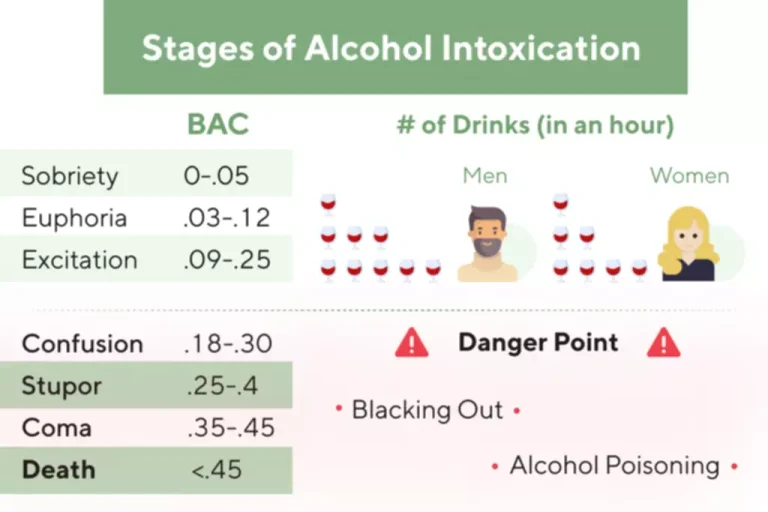
Denial keeps them from getting help and taking the steps they need to take to get better. By knowing how alcoholism denial works, people who are dealing with addiction and those who care about them can work together to help each other get on track and stay better. How can you determine the best treatment fit to help your loved one get sober? Understanding a Twelve Step Recovery Program for alcohol addiction and the importance of ongoing recovery programming and support groups.
- Stigma is one reason people struggle to admit to having a drinking problem.
- After all, they have managed to maintain the appearance of success despite their addiction.
- You can never force someone to accept their AUD or make someone quit drinking.
- Dietary Guidelines define moderate drinking as one drink per day for women and up to two drinks per day for men.
Alcohol Rehab Aftercare and Ongoing Support
It’s that inner voice saying, “I’m not that bad,” or “I can stop whenever I want,” even when the facts say otherwise. However, certain food groups also have benefits when it comes to helping with the discomfort of withdrawal symptoms and detoxification. Individual therapy, combined with marriage or family https://ecosoberhouse.com/ counseling, can strengthen your self-esteem and help you build a healthy, sober relationship. Keep communication open without judgment, and listen to their experiences and concerns. By showing empathy, you may encourage them to feel more comfortable discussing their addiction and seeking help.
- The ability to recognize harmful behaviors and the negative consequences of drug use is an important aspect of a person’s recovery.
- The current analyses focus on inaccurate denial of current AUDs in individuals who report themselves as light or moderate social drinkers.
- Therapy plays a crucial role in recovery, with options like cognitive-behavioral therapy (CBT), motivational interviewing, and family therapy.
- It should not be used in place of the advice of your physician or other qualified healthcare providers.
- If you’re the loved one of someone in either group, it’s important to know how to deal with an alcoholic effectively if you want to help them get well.
How to Talk to an Alcoholic in Denial
It’s important to approach the situation with love and support rather than judgment or criticism. Searching for ‘how to help an alcoholic in denial’ can be a step filled with uncertainty and concern. This article provides clear, empathetic guidance designed to support you as you support them. Learn effective ways to communicate, establish boundaries, and encourage professional treatment—all crucial elements for aiding a loved one who may not yet recognize their need for help.
Helpful resources
Treatment options for alcoholics in denial vary based on individual needs but may involve a mix of therapy, counseling, support groups, and self-care practices. The key is to create a personalized recovery plan tailored to address both physical and emotional needs to sustain long-term sobriety. Treatment and recovery for an alcoholism and denial begins with selecting the appropriate course of action. This often involves combining various forms of therapy, counseling, and support groups.

Often, this is due to factors such as shame and fear, but it can also be because people genuinely do not accurately see or understand how their drinking has become unhealthy. We are available to explore addiction treatment options that can help you or your loved one get the assistance needed to start recovery. It is important to recognize that just because you have realized that your loved one may be in need of an alcohol addiction treatment program, that does not mean they will agree.


Researchers say that experiencing family, work, and legal problems significantly increases the likelihood that people will enter AUD treatment.[4] Getting arrested or fired are two consequences no one can deny. The person might claim they can stop drinking at any point, so one sip won’t hurt. They may also claim that they’re truly in control, no matter what it might look like to an outsider. People with AUD need treatment before their drinking patterns become ingrained and harder to break. You may need to discuss the problem repeatedly before the person hears, understands, and acts on your concerns.
I’m Seeking Help

Denial can become a sort of defense mechanism for them, allowing them to continue on this destructive path. You, too, might realize that your relationship with alcohol is negatively affecting your life. There are groups, like Al-Anon, that offer support to people who are struggling or suffering because of a family member’s alcoholism or addiction. When this happens, all members should address the effects of alcoholism on themselves individually and as a family unit. Sometimes this means attending Al-Anon meetings, while other times, it means removing yourself from the situation. Our analyses searched for potential correlates of one form of denial to help clinicians and researchers better understand denial and to optimize their ability to identify these individuals who might benefit from advice.